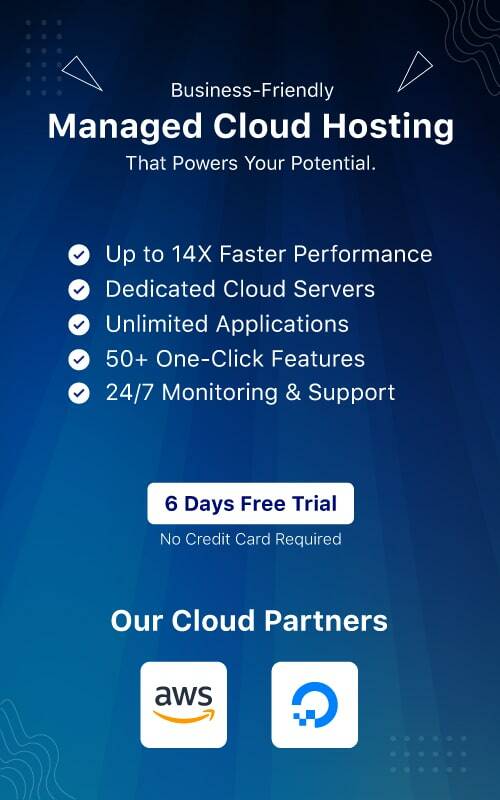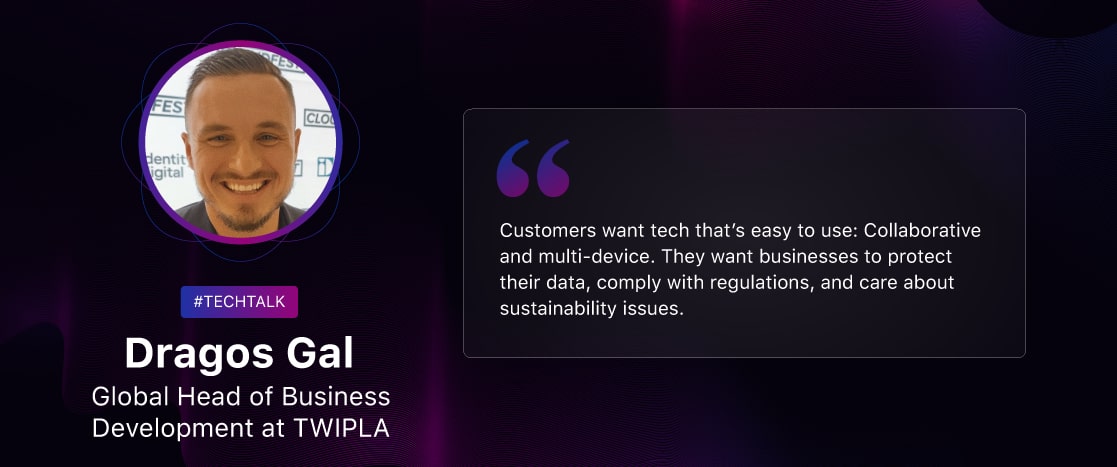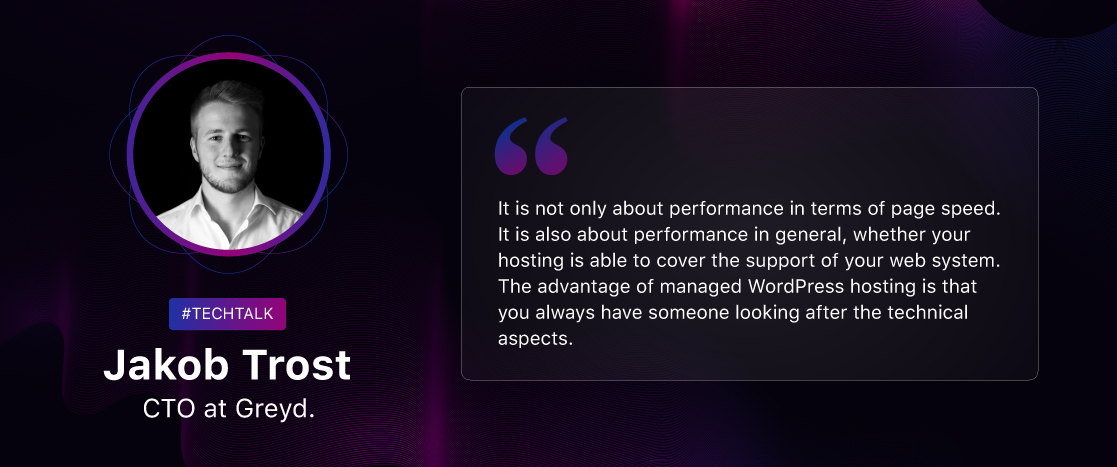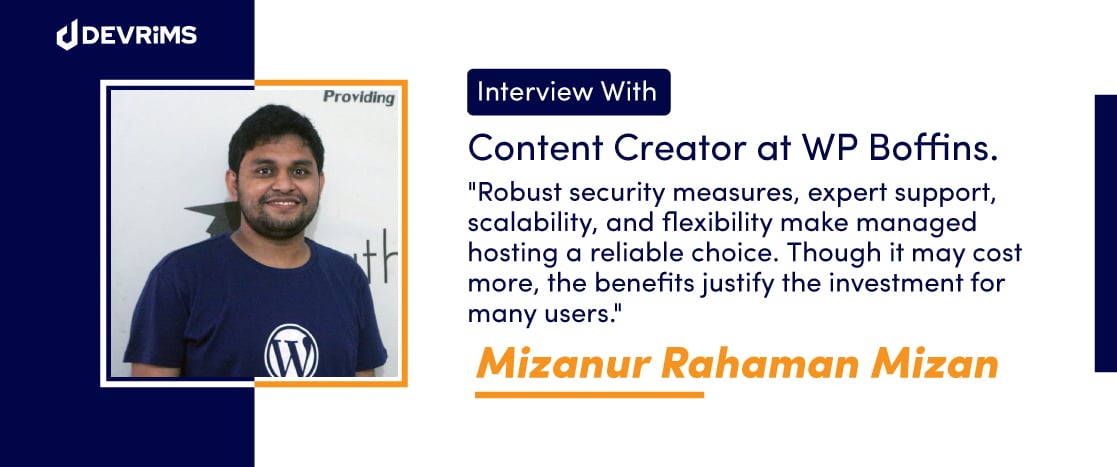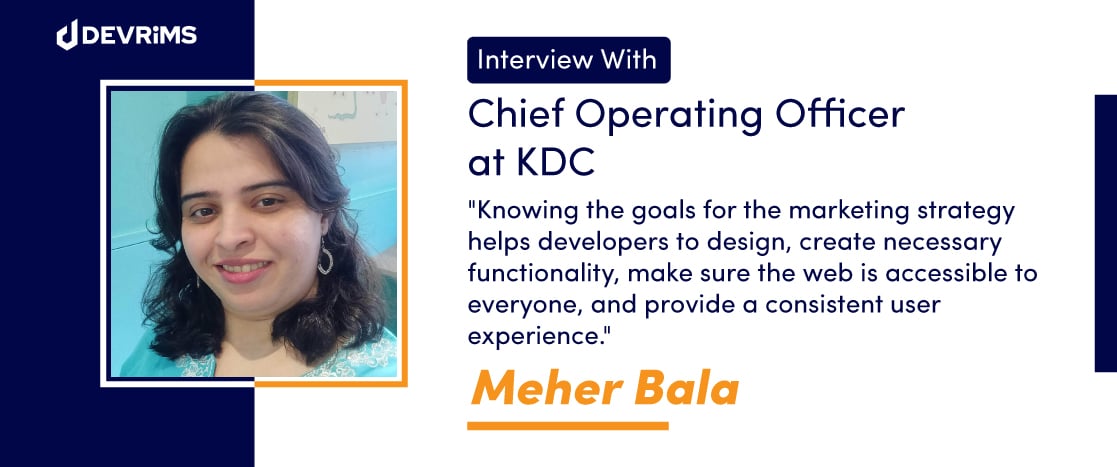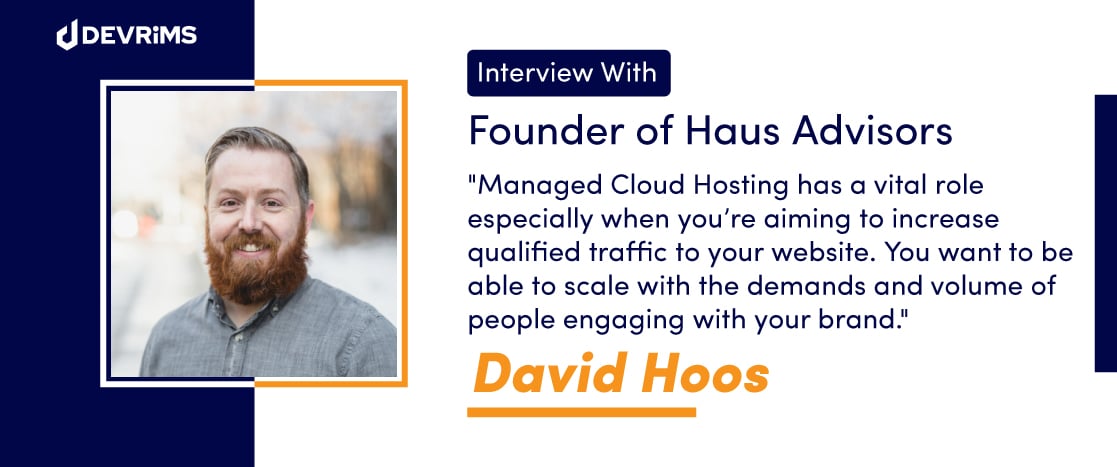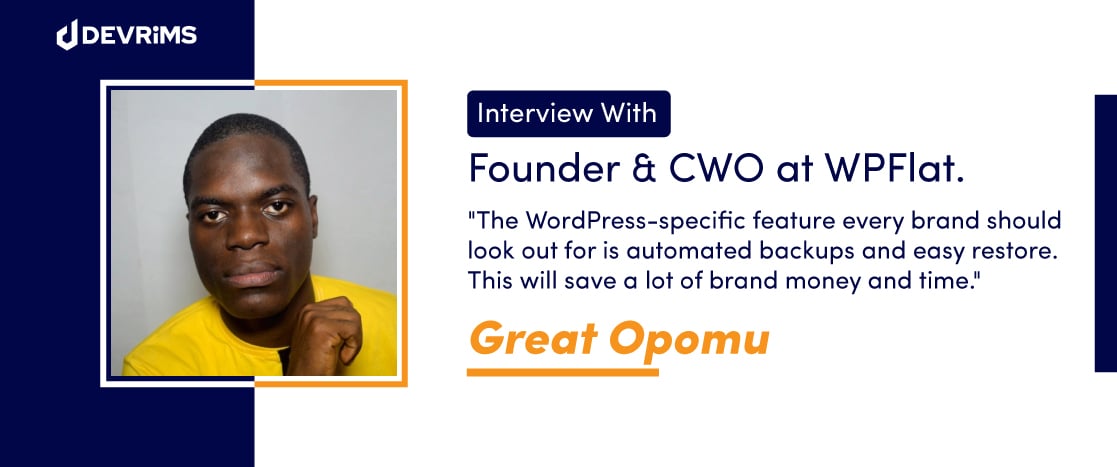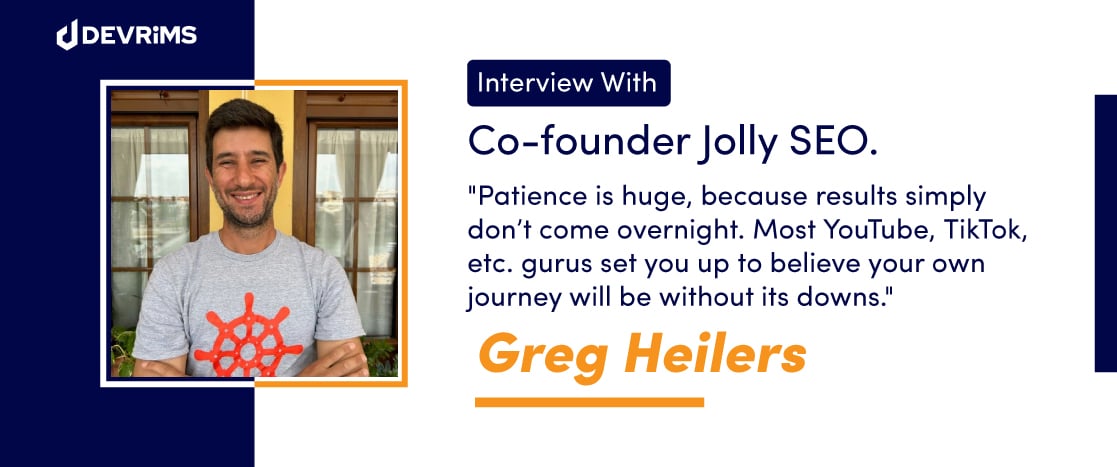
Devrims #TechTalk 034: Greg Heilers Discusses SEO
Organic is good for you, and for your website. This week, we have Greg Heilers from Jolly SEO whose journey has taken him from the roots of organic agriculture and conservation to the dynamic world of digital marketing and SEO. His diverse experiences and background have equipped him with a unique perspective on business and life, fostering qualities of diligence, patience, and unwavering persistence.
Co-founding Jolly SEO, Greg brings a refreshing approach to SEO and link-building. His commitment to ethical practices, in-house work, and a long-term perspective sets Jolly SEO apart in the competitive digital landscape.
In addition to his professional services, Greg offers SEO and link-building courses, sharing his expertise with a wide range of learners, from in-house SEO teams to freelancers and solopreneurs. His commitment to transparency and ethical SEO practices shines through in his teachings.
Greg’s journey is a testament to the power of resilience and adaptability, and in this interview, he shares his insights, experiences, and wisdom, providing valuable lessons for both newcomers and seasoned professionals in the world of SEO and digital marketing.
Devrims: Hey Greg, thanks for your time and support. Tell us about your background and what originally drew you to work in organic agriculture and conservation projects early in your career. What lessons or skills from those experiences still influence you today?
Greg: Wow, you did your research! When my family moved to the US, they had a farm for about 150 years. I was only the 2nd generation not to grow up on that farm, although the first part of my life actually also started out on a farm. After college, I wanted to learn about different ways to cultivate, and traveled a bit to study from different cultures. That lasted up until my late 20s, when I transitioned to digital work.
The lessons or skills that are transferable:
- Daily cultivation
- Patience
- Persistence
In agriculture, nothing grows without cultivation, or at least not to its full potential. While I loved studying permaculture, the idea that you can set up a system that eventually self-perpetuates, I don’t see that play out in my business. Perhaps this is more my ego than reality, but I’ve seen time and time again at the agency that if I decide not to do the daily work, entropy ensues; to continue the agriculture analogy, disease creeps in, things start to rot, pests attack, etc.
Patience is huge, because results simply don’t come overnight. Most YouTube, TikTok, etc. gurus set you up to believe your own journey will be without its downs, and relatively quickly. But, my experience in business has been anything but that. We’ve had some fantastic wins, and some extremely frustrating losses.
Persistence is key, because if you let the low points beat you, you have no chance at winning long-term. It’s like the old sports maxim “You miss 100% of shots you don’t take.” To me, finding success in business is 100% about just not giving up.
Devrims: How did you transition from working in agriculture/conservation to freelance writing and editing? What prompted that career change?
Greg: A kid! In all seriousness.
I met my future wife while traveling and volunteering in Guatemala, which was par for the course in my 20s. Because my wife is from China, she invited me to live with her in Beijing to test our relationship. To support myself while there, I began freelance editing. I took that gig with me when we moved to Cancun, Mexico.
After a little over a year together, we found out we’d be parents in just 9 short months. It was time to really focus on my career. Freelance editing turned into writing, which later led to the niche of SEO we operate in.
Devrims: You mention being multilingual in English, Spanish, French, and Mandarin. How has being multilingual impacted your life and work?
Greg: It’s really fun to whip out in calls with strangers (who are from those cultures). But honestly, not much else in work!
In life, I use Mandarin daily. Spanish is fun to use when I get the chance, as I live in California. But, I’ve mostly forgotten French, Turkish, Arabic… maybe one day I’ll be able to travel again.
Devrims: What motivated you to co-found Jolly SEO? Where did the idea for the company come from?
Greg: In my second or third year of freelancing, I was pushing my high school friend, Morgan Taylor, to freelance. Like me, he hadn’t taken his career seriously to that point – this isn’t some secret, we’re pretty public!
Morgan saw that I was doing ~80% of the content work on a large project for an agency (that agency was way too transparent with its payment system), and asked if we could just propose to them we take on 100% of the work, then turn it around to a team we manage. I liked the idea, and had previously managed teams in one-off projects I’d landed that were too big for me, so we took our shot. Our first project was a 4,002 page project for Groupon. I wish I could say every project was that size, but we didn’t see a project of similar size again for years, hah!
Devrims: What makes Jolly SEO different from other SEO/link-building companies? What is your approach to link-building and PR?
Greg: I think it goes back to the lessons I learned in agriculture. Jolly SEO is different in a few ways:
- Jolly SEO does 100% of our work inhouse. We never outsource the work to anyone else.
- Everything we do is White Hat. We don’t take short cuts by engaging in pay-to-play.
- We’re in this for the long haul. We never promise clients quick “We’ll rank you #1” results. We’re transparent that we’re just one part of their SEO success, and that the clients who perform best persist in the necessary work over the long-term.
If you want to learn more about our style of linkbuilding, I encourage you to read some of our blog, watch Jolly SEO’s YouTube or our TikTok channel, etc.
Devrims: Let’s do some quick rapid-fire questions:
| Devrims | Greg |
| Mountains or Beaches | Beaches |
| Day or Night | Day |
| Books or Movies | Books |
Devrims: Why did you decide to start offering SEO/link-building courses and consulting in addition to your services?
Greg: Our linkbuilding services were at a premium price point that not everyone could afford. Plus, there are a lot of folks who message me who ask if they can work at Jolly SEO as a stepping stone on their career path. I love and respect that, but the truth is we only have so many roles at the company.
My thinking is that if somebody wants to invest $50 or $100 into their learning, my courses might be a great next step. If they can’t afford that, I hope they’ll reach out and ask for a discount. And at the least, we put out a lot of free content to share what we know!
Devrims: What topics and skills do your courses and consulting cover? Who is your target audience?
Greg: My courses cover what I know: how to do journalist outreach to land wins in top tier publications, building authority through brand mentions and white hat backlinks.
Those who work inhouse as part of an SEO or marketing department would find the courses useful, as well as solopreneurs, freelancers, etc. trying to do this work for clients or themselves.
Devrims: For those new to SEO and link-building, what core principles or best practices do you teach them?
Greg: We’re huge proponents of “white hat,” meaning we do not advocate “black hat” purchasing of links. We believe this so much, that we offer a free tool–no email input required–called Linktegrity, where you can research any domain to find out if it sells links or not. We believe websites that sell links are or will soon become toxic, and you do not want a backlink from such a website.
Devrims: What drove you to start your own podcast? What unique value does it add compared to other marketing podcasts?
Greg: Starting a podcast is a fantastic way to learn from other thought leaders, and serve your own audience at the same time. Our focus is on white hat SEO, but the podcast goes into more than just linkbuilding (our specialty), also touching on technical, onsite, content creation, etc., as well as branching out into the occasional podcast on business management, leadership, and even personal development.
Devrims: How would you describe your leadership and management style? What’s your approach to developing teams?
Greg: This is a fantastic question to ask the team at Jolly SEO.
Before I touch on my communication skills development, I’ll say briefly that we have always and will always (as far as I can foresee) support our team working on their own schedule, managing their own workload.
The positive stuff aside, a bit of self critique:
For the longest time, I called myself a proponent of servant leadership. I truly felt I was doing my utmost to serve them.
To be honest, 2023 has been a tough year in that I’ve had to learn and grow that skill as a business leader. In many ways, I used to avoid delivering negative feedback, because I felt it was in conflict with servant leadership. Turns out, by delaying these hard conversations, I made things worse for everyone involved, including the company.
At present (November 2023), my approach is to be as direct as the person I’m communicating with can handle. I try to gauge what their “direct communication tolerance level” is and give it to them like I see it. If they need me to soften the message a bit, I’ll do that, but I still need to make sure they come away from our conversation with a mutual understanding of the bottom line.
Devrims: Fast website load times and reliability are important ranking factors for search engine optimization (SEO). How would using a managed cloud hosting provider potentially benefit a website’s SEO compared to traditional web hosting?
Greg: Hosting is incredibly important. So is the customer service that goes along with it! We are switching hosting providers at this moment in time, because the platform is incredibly hard to navigate, and customer service says they’ve assisted us when they haven’t.
Devrims: How about a glimpse of your workstation?

Devrims: Do you have any recommendations for our next interviews?
Greg: Sure, I think you should catch up with Karl Hughes.
